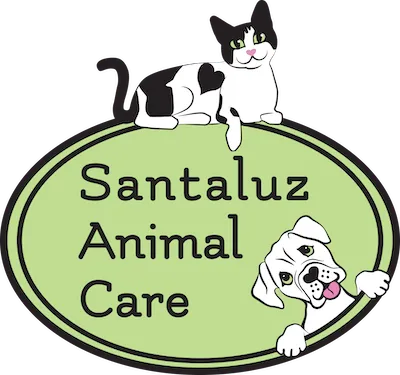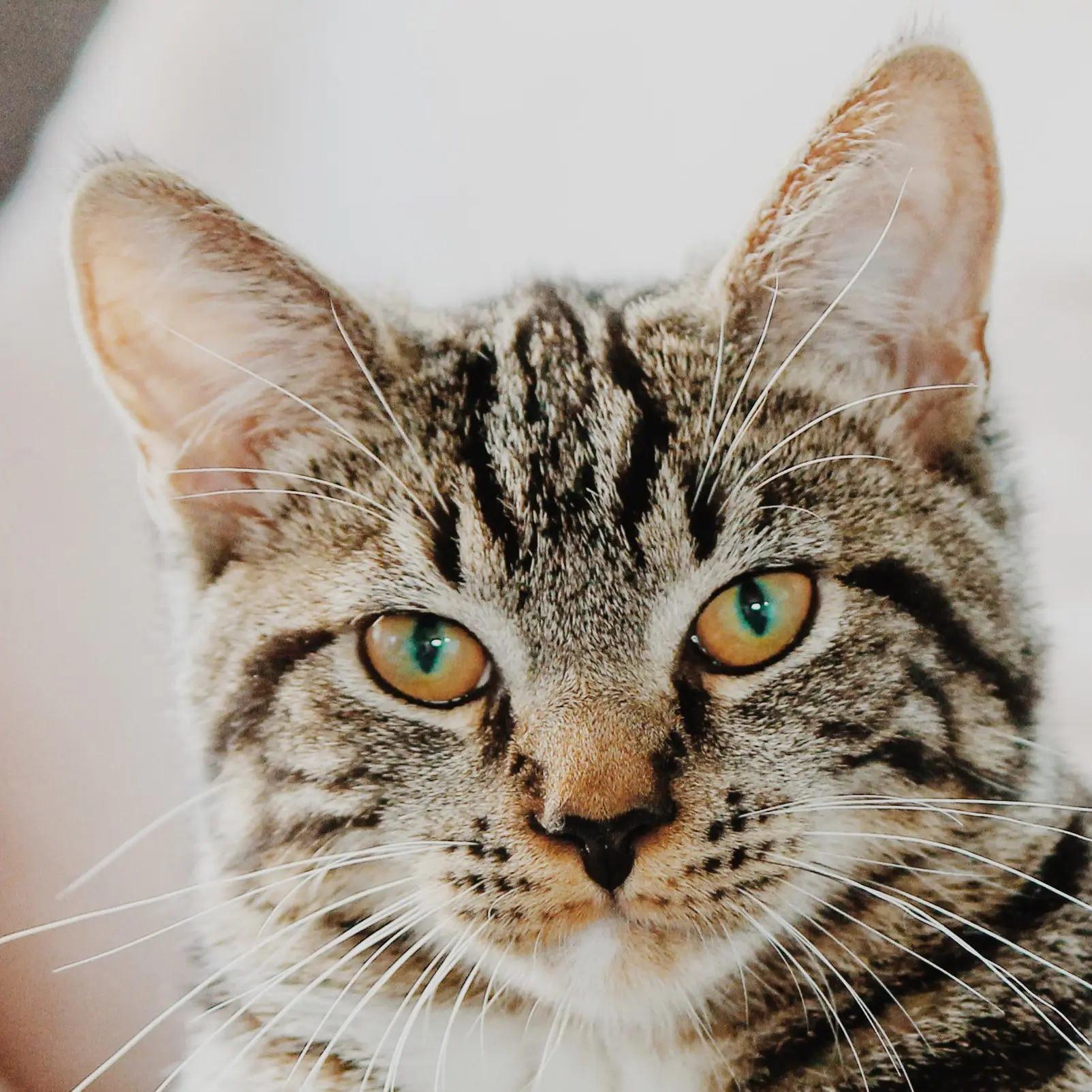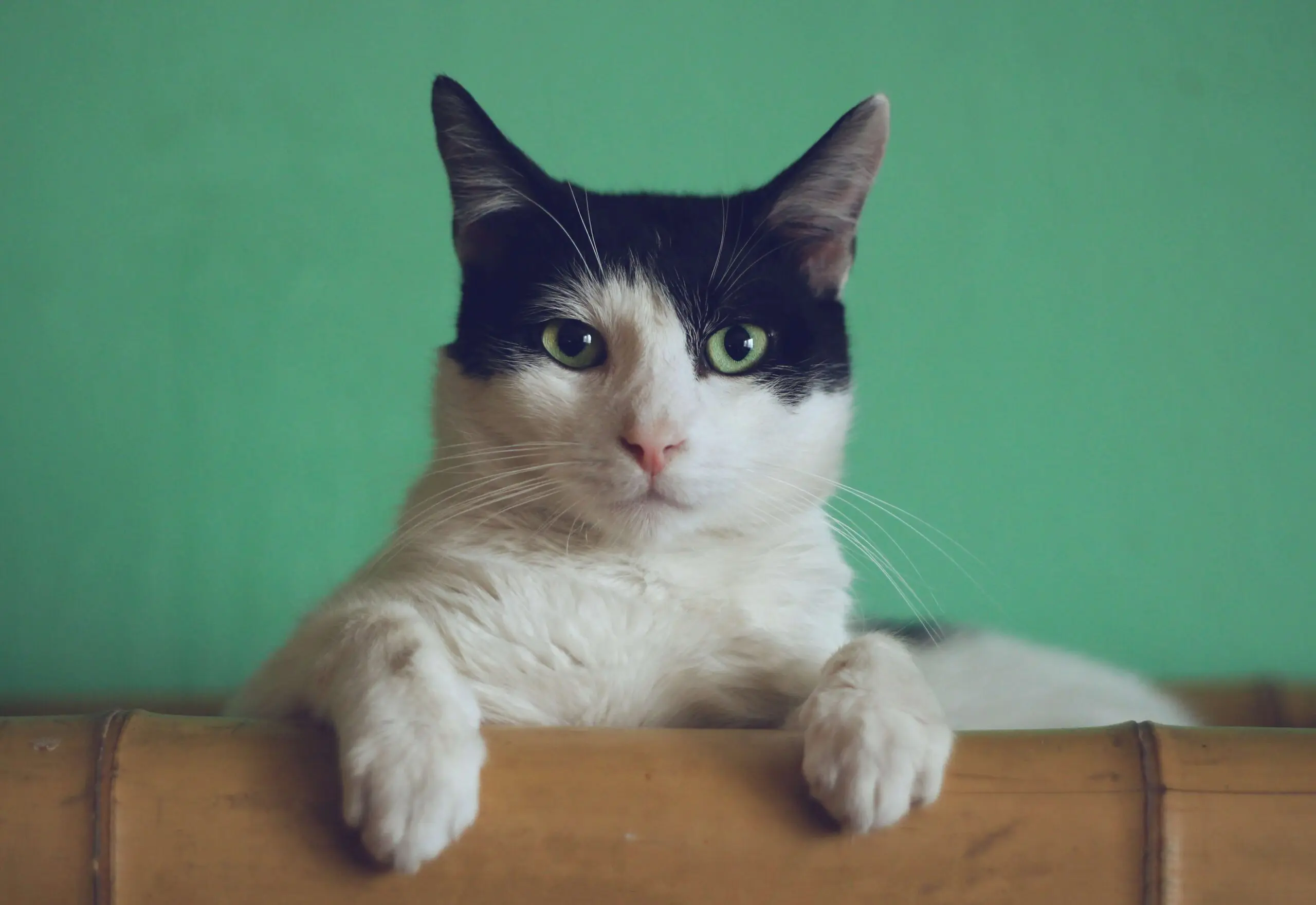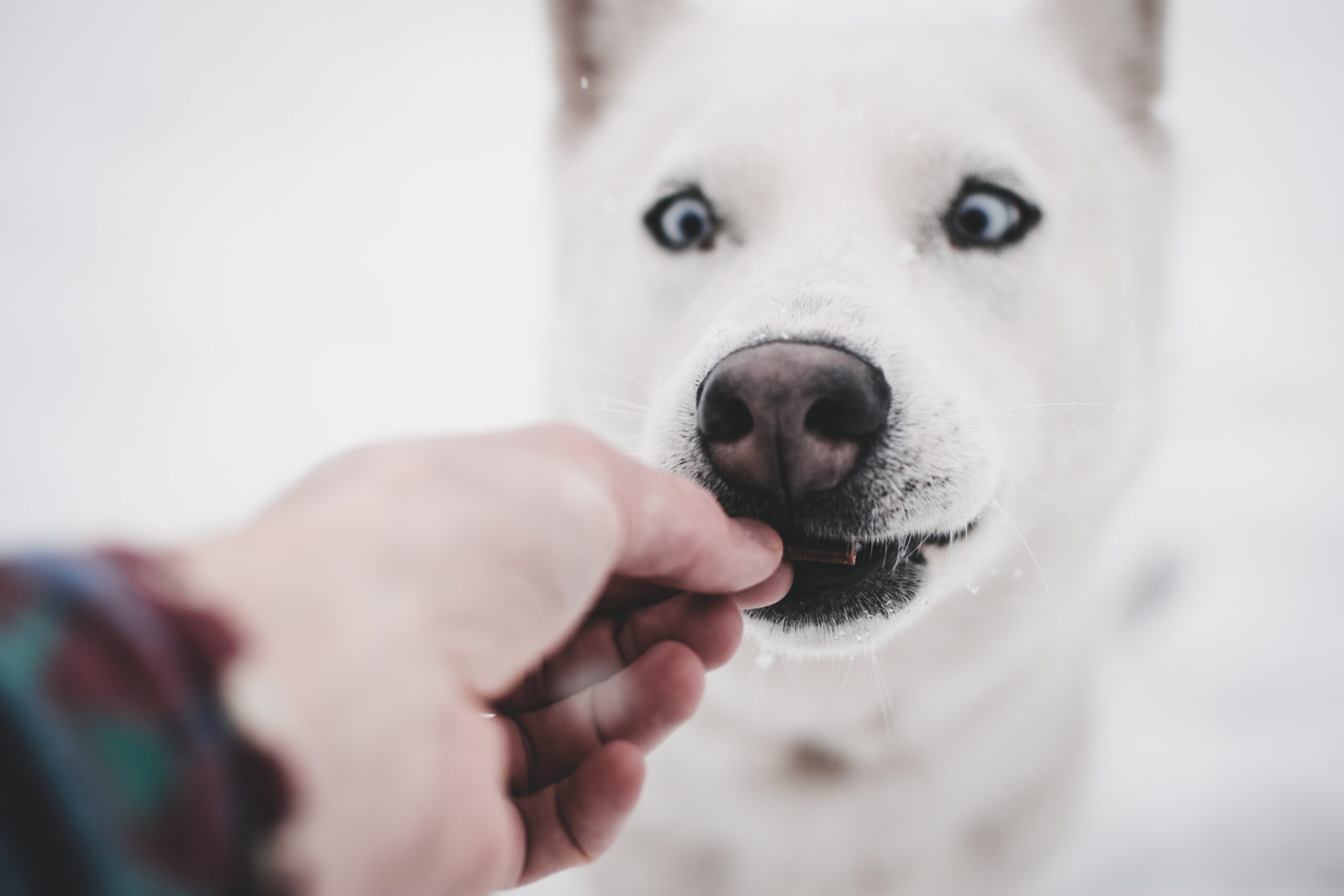As our beloved canine companions grow older, they require extra care and attention to maintain their quality of life. Aging brings about a host of changes in dogs, including decreased mobility, altered nutritional needs, and a higher susceptibility to health issues such as arthritis, dental problems, and cognitive decline. Understanding how to keep your senior dog healthy is crucial for ensuring they enjoy their golden years to the fullest. This comprehensive guide will provide you with evidence-based strategies to support your aging pet, covering everything from appropriate diet modifications and exercise regimens to mental stimulation and regular veterinary care. By implementing these practices, you can help prevent common age-related ailments and improve your dog’s overall well-being. Remember, proactive care and early detection of potential health issues are key to extending your senior dog’s lifespan and enhancing their happiness. Join us as we explore the essential steps to keep your senior dog healthy and thriving.
Is your dog in his golden years? This is an incredibly special time in your pet’s life. Although puppies are great, elderly dogs are also very cute and lovable. Older dogs are generally very calm and sweet. Many really just want affection, belly rubs, and treats! Fido’s feeding and activity regimens will need to change as he ages, though. A local Carmel Valley, CA veterinarian offers some advice on the subject below.
Feed Your Dog A Nutritious Diet
Your veterinarian will be able to tell you when it’s time to transition to senior food. This should happen gradually over a few days.
You may need to adjust Fido’s portion sizes. Many dogs require fewer calories as they become older. Fido will be less active than he previously was, so he won’t need as much ‘gas’ as he used to. However, some dogs may need more fuel than they used to! If your pet has thin fur, he may need extra nourishment to keep warm. Pups that are naturally slim, such as Greyhounds, also may need bigger portions. Consult your Carmel Valley, CA representative for specific advice.
Schedule Regular Visits To Your Carmel Valley, CA Veterinary Clinic.
When your canine partner reaches senior status, he may need more frequent visits to our clinic to keep your senior dog healthy. Watch for any signs of illness and ensure prompt veterinary care to maintain his well-being as he ages.
- Disorientation
- Lethargy
- Weight Loss Or Gain
- Different Sleep Patterns
- Lameness
- Vomiting
- Bloating
- Behavior Changes
- Anxiety
- Appetite Changes
- Diarrhea
- Breathing Issues
- Urinary Problems
- Bad Breath
- Stiffness
- Having Difficulties Climbing
- Restlessness
- Vision Problems
- Irritability
- Itching
- Weight Changes
- Skin/Fur Issues
- Accidents
If you notice any of the above, call your veterinarian right away.
Keep Your Canine Buddy Active
Canines, like humans, slow down as they get older. Fido may be more interested in catching Zs than squirrels at this point in his life. Although your four-legged bestie might look adorable sleeping calmly on his doggy bed, don’t let him become a couch potato. Your canine companion needs exercise to keep his bones and muscles strong. Proper exercise can also help fight obesity, which is quite common in elderly pets.
Daily walks are ideal for the vast majority of dogs. Shorter, more frequent walks may be the most beneficial. Swimming can also be useful for certain puppies, if the weather is warm and your pet enjoys it. Consult your veterinarian for specific advice.
Don’t Skip Playtime
An elderly dog can still enjoy and profit from playing, even if he isn’t as energetic and agile as he once was. You may need to shift your focus away from just burning off extra energy and toward tasks that challenge your pup’s brain.
You can play the following games:
- Three Cups
- Scavenger hunts
- Hide & Seek
Puzzle toys and snuffle mats are very popular among our furry companions. Fido may still love playing games like Fetch. Just make sure you don’t overwork him!
Protect Fido from Temperature
Older dogs are far more susceptible to heat and cold than younger pets. If Fido has thin fur, he may require a jacket when it is cold. You should also ensure that your pet’s bed is not in a drafty spot in the winter or in direct sunshine in the summer. During the heat, make sure to have plenty of fresh, cool water available, and consider placing out extra bowls. Ensure that he has warm, comfortable napping locations during the cold months.
Enhance Your Pet’s Dining Experience
Your vet may recommend that you give your elderly dog elevated dinnerware. These can be more comfortable for some elders since they eliminate the need to splay their legs or strain their necks while eating. However, some dogs, particularly large pups and those who ‘wolf’ their food, are at risk of bloating. Seek special guidance on this.
Do Not Skip Grooming
Most likely, your four-legged friend will not enjoy baths any more now than he did when he was a baby. Grooming is about more than just making Fido look good. It also has a major impact on his comfort! Dust, grime, and dead fur on your pet’s coat will cause itching and discomfort. An unkempt coat also won’t effectively protect him from the elements.
If your dog is large or even medium-sized, it may be tough to get him in and out of the bathtub. You also don’t want your furry friend to slip and fall! It may be a good idea to visit a groomer. They typically have stations where Fido may easily enter and exit.
Maintain Proper Dental Care
To help keep your senior dog healthy, addressing dental issues is vital. Older dogs often suffer from gum disease, a prevalent condition that severely affects their quality of life. Regular veterinary check-ups are crucial for maintaining dental hygiene and catching warning signs early. These signs include bleeding gums, persistent bad breath, excessive drooling, tartar buildup, and changes in eating habits. Consulting your veterinarian on effective cleaning techniques is a proactive step towards ensuring your senior dog’s health and happiness.
Consult With Your Carmel Valley, Ca Veterinarian Regarding Supplements.
Supplements are not a cure-all, but they won’t hurt. However, you’ll need to choose the right one. What is best for your dog is ultimately going to depend on his age and condition. For example, glucosamine and fish oil may aid in joint support and may be good for pups with arthritis. Vitamin A may be more beneficial to a dog with vision impairments. When starting a new product, look out for signs of a negative reaction. Also, before offering anything new, consult your veterinarian.
Consider Getting Fido A Doggy Massage
Massages can be quite effective for relaxing stiff muscles. This is true for both pets and people! Many dogs like a light rubdown! Contact your veterinarian if you have any questions.
Simple Comforts
Small changes can have a tremendous impact when it comes to keeping Fido comfortable. Make sure your canine partner has a good bed. We usually recommend orthopedic beds for older dogs because of the added support they offer. You may want to get your cute pet a few different beds. That way, Fido will have a comfortable place to sleep at your feet, no matter what room you’re in.
Pet ramps or steps can also be quite handy, especially if your furry friend has difficulties climbing stairs or getting into and out of the car.
Remember Those Furry Feet!
To keep your senior dog healthy, regular nail trims are essential. Overgrown nails can force a change in the angle of your dog’s toes, affecting his walk and stride. This can lead to increased risks of serious slips and falls, potentially endangering his overall mobility. Additionally, long nails may exacerbate or lead to arthritis, further compromising his health and comfort.
Spend Time With Your Pup
At the end of the day, one of the most important things you can do is make your furry companion feel loved and safe. Spend a lot of time with Fido. Talk to him, pet him, and let him know he is cherished. Unfortunately, the time we spend with our canine companions goes by much too quickly!
Conclusion: As your canine companion ages, he will benefit from minor modifications to his diet and activity regimen. Ask your veterinarian for specific advice on how to care for your older dog.
Keep Your Senior Dog Healthy in 2024: Expert Guide to Daily Care
How important is maintaining a consistent routine for senior dogs?
Maintaining a consistent routine is highly beneficial for senior dogs. It helps manage their physical limitations and reduces stress by providing a predictable environment. Regular schedules for feeding, exercise, and sleep can improve metabolic and digestive health, and help manage energy levels throughout the day. Consistent routines also aid in monitoring the health of elderly dogs more effectively, as any deviations in their behavior or daily patterns are more noticeable, allowing for timely veterinary intervention. This stability can significantly enhance the quality of life for aging pets.
What specific nutrients are important in senior dog food?
Senior dog food should be nutrient-rich to address the unique health concerns faced by aging canines. It often includes higher levels of fiber to aid in digestion and lower calorie counts to prevent obesity due to decreased activity levels. Essential fatty acids like omega-3s are crucial for maintaining joint health and cognitive function. Antioxidants such as vitamins E and C can help combat age-related cellular damage. Additionally, the inclusion of easily digestible proteins supports muscle maintenance without straining the kidneys, while adjusted phosphorus levels help manage kidney health. Always consult a veterinarian to tailor dietary choices to your dog’s specific health needs.
What are signs that exercise should be stopped or reduced?
Exercise should be modified or halted for elderly dogs if they show signs of distress or discomfort. Watch for symptoms such as excessive panting, difficulty breathing, limping, or a reluctance to continue activity. Behavioral changes, such as increased irritability or restlessness after exercise, may also indicate that the exercise regimen needs adjustment. If a dog becomes disoriented or shows signs of pain during physical activities, these are clear indications that the intensity or frequency of exercise should be reduced. Always consult a veterinarian when changes in an elderly dog’s exercise routine are considered.
How does breed size affect aging and care needs?
Breed size significantly influences the aging process and care requirements of dogs. Larger breeds typically age faster and may experience age-related conditions earlier than smaller breeds. This includes joint issues and arthritis, necessitating adjustments in their diet and exercise routines to manage pain and mobility. Smaller breeds, while generally longer-lived, may have different vulnerabilities, such as dental issues due to closer tooth spacing. Therefore, specific care strategies should be tailored to the size and typical health profile of the breed to optimize comfort and longevity. Regular veterinary consultations are essential to address these breed-specific aging concerns effectively.
How can you monitor for cognitive decline?
Monitoring for cognitive decline in elderly dogs involves observing changes in behavior and daily patterns. Signs to look out for include increased disorientation, altered sleep cycles, decreased interest in play or interaction, and unusual restlessness or irritability. Memory lapses, such as forgetting commands or routines, and increased anxiety or confusion in familiar environments may also indicate cognitive issues. Regular veterinary check-ups are crucial as they can help diagnose cognitive dysfunction early. Maintaining mental stimulation through age-appropriate games and training exercises is beneficial in managing cognitive health.
Make An Appointment At Our Fear-Free Carmel Valley, CA Pet Hospital
Do you have any concerns about the health or care of your elderly dog? Get in touch with your Carmel Valley, CA pet hospital now!





